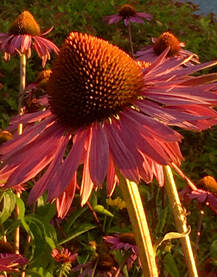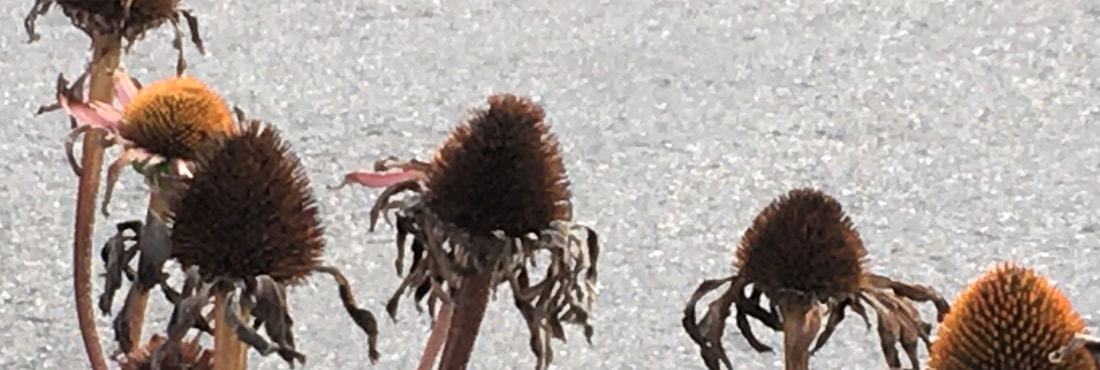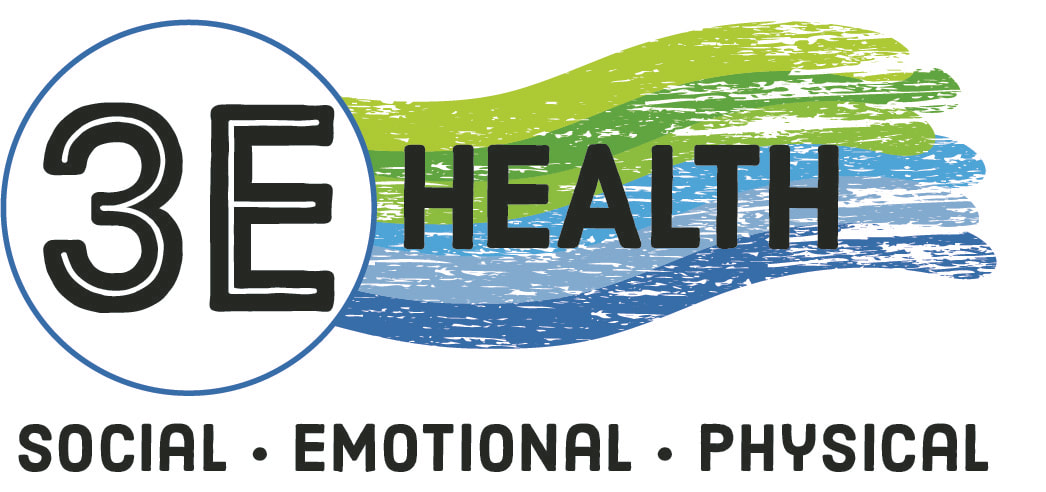 By Karen Janzen In these uncertain times, I’ve been thinking a lot about what matters most with our children, our students, and ourselves. And, hands down, experiences of love is what matters most in life in general. Without experiences of love, life becomes meaningless, and disease creeps in physically, socially, emotionally, and spiritually (although I would argue that the experience of love itself IS spirituality). I’ve spent the majority of my life thinking the same way most other people would about experiencing love: as something that may initially come from parents, then is found romantically in partner relationships, and is often also experienced through offspring and extended family. If I talked to a group of teenagers about experiencing love, 99% of them would think of romantic relationships, and more specifically, they would think of sex. This is because of our patriarchal/colonial orientation to life, compounded by millenials (+younger generations) growing up watching porn as their primary example of “love” (which porn typically teaches hatred, disguised as ‘love’). This is also part of what I call “Toxic Health Syndrome” (see previous blog post). But love, romantic and other varieties, can’t actually exist without starting from self-love. When we don’t start from self-love, we’re probably unknowingly starting from some insidious variety of hatred that pervades our western culture. My 3E Health Co-creator, Chad Oatway, and I have spent a lot of time thinking deeply and creatively about how to legitimately teach kids/people/ourselves to engage in healthier life behaviours, in body, mind, and relationships. There are all kinds of motivational approaches we’ve explored and considered. But ultimately it always comes down to forcing ‘a learning experience’ or ‘the growth mindset’ onto students who aren’t ready for that experience, because they don’t have a centre of self-love to grow from. If you think of the metaphor of growing plants in soil, if the soil is toxic, the plants can get perfect amounts of sunlight, water, or even easy listening music. But they’re not going to grow if they’re rooted in toxicity. But is self-love something that can be taught? I don’t think so. At least not didactically. I think it's something that has to be experienced personally and repeatedly until it's established and starts growing everything from creativity to motivation to curiosity and achievement, and the list is endless. But the big bang that starts the reactive chain is self-love. And once the chain reaction of experiencing self love is set off, THEN we can teach tools for resiliency, which artist, Lindsey Sterling brilliantly captures in the lyrics of her song, “What You’re Made Of”: Burned out with the fire in your eyes Can you imagine your students having the capability to say those words to themselves? Or even look back at the year they were in your classroom, and learned to connect with their power source of self-love?
But when we try to teach self-love head-on (didactically) it falls short. Instead we need to create the conditions for self-love to be experienced, including being aware of our own self-love experiences. And from there we can essentially teach ‘how to rise’ and ‘how to fight’ (using Stirling’s inspirational imagery). Our job as parents and educators is to support our kids (and ourselves) in creating an inventory of self-love experiences, so we know where we’re growing from, and we’re able to grow what is legitimately, beautifully, us, and not an extension of toxic cultural expectations. These experiences of self-love are where meaning comes from. It is also the crucible of resilience. Creating the conditions to experience self love is way too broad and deep to cover in one post (or one book). So this school year my professional theme is going to be exploring how to create the conditions for students (and staff, and families) to consciously experience self-love. I’m going to break it down into several blog posts, interviewing lots of my educational colleagues on their expertise along the way. My/our (Chad is in on this too) next posts will be on:
My goal is to produce a kind of lesson plan for each one of these that could potentially be implemented in classrooms, or as a family activity to support all of us with connecting with self-love. (And to do it without getting kitschy!... I'll deal with the kitsch around this topic in my next post.) I really hope you can join the conversation. I want to hear your insights too!
1 Comment
1/21/2023 04:16:57 am
Thank you for taking the time to write this
Reply
Leave a Reply. |
Chad Oatway &
|


 RSS Feed
RSS Feed
